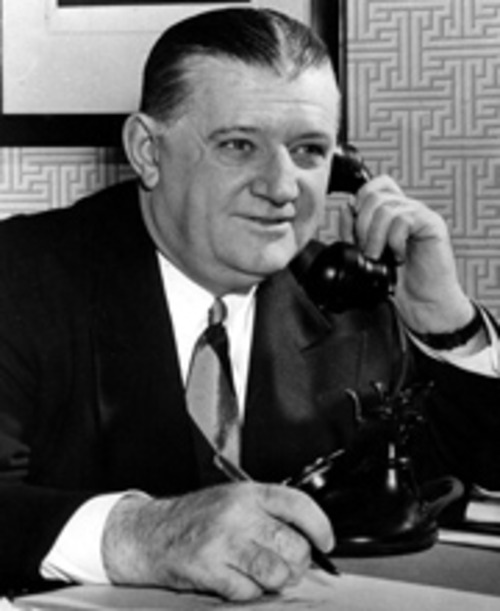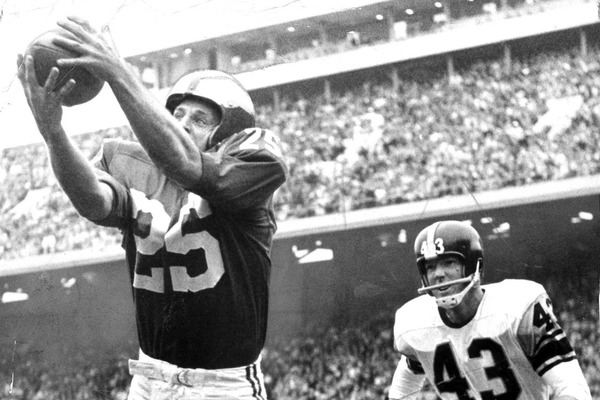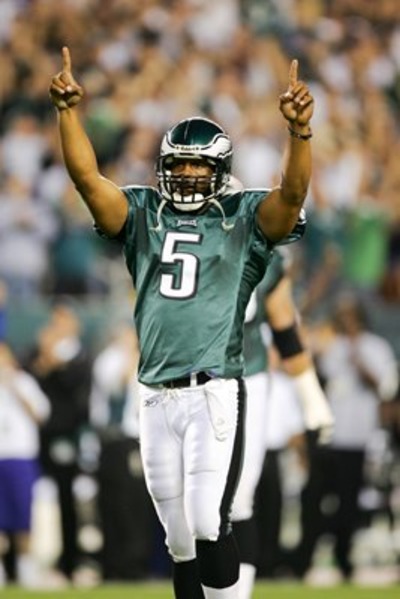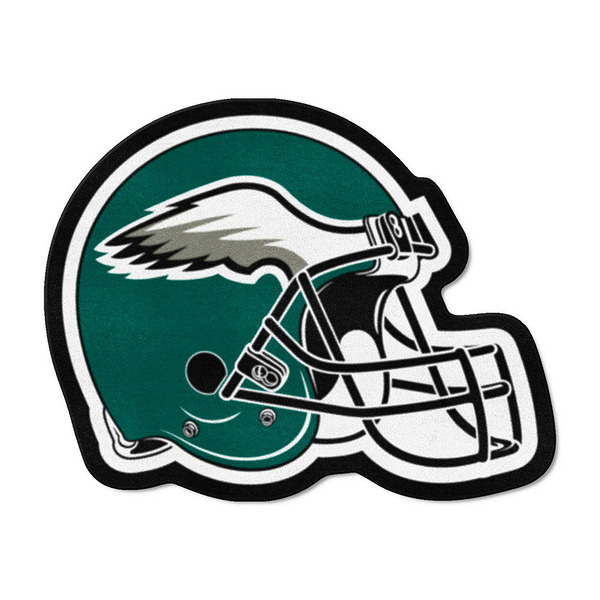The Philadelphia Eagles history began in 1933, marking the start of a storied NFL franchise. From humble beginnings to Super Bowl glory, the Eagles have left an indelible mark on professional football.
Contents
The Birth of a Franchise
In 1933 Bert Bell and Lud Wray acquired the defunct Frankford Yellowjackets for $2,500, giving birth to the Philadelphia Eagles. The team initially struggled, both on the field and financially, even suspending operation during World War II.
Early Championship Glory
The Eagles’ fortunes changed in the late 1940s. Under head coach Greasy Neale, the team clinched back-to-back championships in 1948 and 1949. These Eagles NFL championships featured standout performances from players such as Steve Van Buren, Pete Pihos, and Chuck Bednarik.

After having sold off the team in 1944, Bert Bell became the NFL commissioner from 1946 – 1959. He succeeded Elmer Layden as commissioner. During his time as commissioner, Bell instituted a TV policy in which local home games were blacked out to improve attendance while high-profile matchups between non-local teams were televised. Sellouts and TV audiences increased, which improved the league’s popularity.
A Decade of Triumph
In 1960, under head coach Buck Shaw, the Eagles won their third NFL title with players such as quarterback Norman Van Brocklin, halfback/flanker Tommy McDonald, and Chuck Bednarik. At 5’9” McDonald is the shortest player in the NFL Hall of Fame. This victory added another chapter to the Eagles NFL championships legacy and solidified the team’s place in Philadelphia Eagles history.

A track star while in high school in New Mexico, McDonald had a stories collegiate career. In three seasons of varsity at the University of Oklahoma, the Sooners never lost a game, winning two National Championships. In 1956, McDonald finished third in Heisman voting. Learn more about Ritual Multi Vegan Suppplements.
Stadium Odyssey
The Eagles have played their home games in multiple stadiums. They played their first season in 1933 at Baker Bowl, home of the Philadelphia Phillies. In 1936, the Eagles moved to Philadelphia Municipal Stadum, also known later as JFK stadium. This stadium initially was home to the Philadelphia Quakers, a football team of the first American Football League. The team then moved to Shibe Park, also known as Connie Mack Stadium, home of the baseball Athletics. In 1958 the Eagles moved to Franklin Field. With a capacity of 70,000, the team played their home games in this arena until 1960. Veterans Stadium followed, until 2003 when the Eagles began to play at Lincoln Financial Field.
Modern Era and Lincolnf Financial Field
Since 2003, the Eagles have played at Lincoln Financial Field. This state-of-the-art facility, with a capacity of over 69,000, has become an integral part of the Philadelphia Eagles football stadiums legacy. it has hosed numerous memorable games and continues to be a fortress for the team. Transform your Health wth Ora Organic.
Turn of the Millennium Challenges
The early 2000s marked a period of both promise and frustration in Philadelphia Eagles history. Under head coach Andy Reid, the team reached three consecutive NFC Championship games from 2001 to 2003, falling short each time. The 2004 season seemed to break the curse as the Eagles finally reached Super Bowl XXXIX, led by quarterback Donovan McNabb and wide receiver Terrell Owens.

Super Bowl Heartbreak and Triumph
Despite their strong regular season and playoff run, the Eagles fell to the New England Patriots 24-21 in Super Bowl XXXIX. This loss added to the team’s Eagles Super Bowl appearances but left fans hungry for a championship. This drought would continue for over a decade, testing the resolve of the Philly faithful. Buy Philadelphia Eagles game tickets here.
The wait finally ended in dramatic fashion during the 2017 season. Under head coach Doug Pederson and backup quarterback Nick Foles, the Eagles secured their first Super Bowl victory, defeating the New England Patriots 41-33 in Super Bowl LII. This triumph adds to the Philly gridiron legacy and stands as one of the greatest Eagle franchise milestones.
Recent Successes and Future Outlook
The Eagles’ success has continued in recent years. Their Super Bowl appearance in February 2023, though ending in defeat to the Kansas City Chiefs, demonstrated the team’s onging competitiveness. As the franchise looks to the future, fans eagerly anticipate more Eagles Super Bowl appearances.
Throughout their existence, the Philadelphia NFL journey has been filled with highs and lows. From the early days of Bert Bell to the current ownership of Jeffrey Lurie, the Eagles have remained a cornerstone of Philadelphia sports culture. See Osprey Lifestyle gear for hiking, biking and travel.
As the Eagles continue to compete in the tough NFC East, the team’s four Eagles Super Bowl appearances (including one victory) have set a high bar for future success. Looking ahead, the Eagles aim to add more silverware to their trophy cabinet. With a strong foundation and a committed fanbase, the team is well-positioned for future Super Bowl appearances. As they write new chapters in their Philly gridiron legacy, the Eagles remain a source of pride for the City of Brotherly Love.
The Philadelphia Eagles currently play in the National Football Conference (NFC) East Division along with the Dallas Cowboys, New York Giants, and Washington Commanders.
Barry Schustermann
Follow me on X @ BarrySchust
Follow me on Facebook @Barry Schustermann



